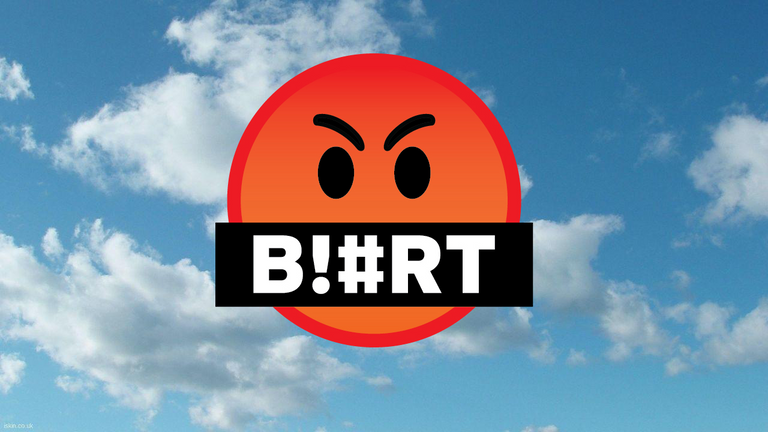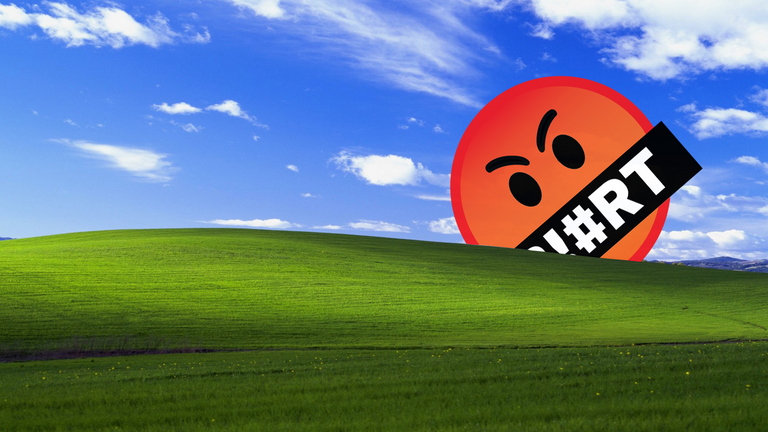
En un post anterior me había referido a la importancia de las plataformas de contenidos como tales, es decir, como fuentes generadoras de contenidos originales y también como fuente de ingresos en algunas economías emergentes.
Hace no mucho el administrador de una reciente plataforma de microblogging (Noise.cash para no esconder su nombre) afirmó específicamente que el 90% del tráfico que venía de Venezuela, Paquistán y otros países de Asia y Africa era considerado -por su robot- como spam.
Lo cual no solo deja de lado la sospecha sobre la atendibilidad de la fuente de tal estadística, sino que resulta hasta antipático mencionar cosí explícitamente el origen de un supuesto fraude.
Hecho está que no soy venezolano, aunque respeto muchísimo los usuarios provenientes de este país. Y la calidad del contenido que publican.
Claro está, la excepción a la regla general a veces existe. Pero no por eso debemos generalizar. Lo que nos lleva a otro punto.
Es justo ganar (porque en definitiva la mayor parte de los que publicamos /y me meto en primera persona apuntamos a ello) aun sin publicar contenido original?
Es justo que recibimos un compenso, pero siempre que el contenido sea nuestro al ciento por ciento.

In a previous post, I had referred to the importance of content platforms as such, that is, as sources that generate original content and also as a source of income in some emerging economies.
Not long ago the administrator of a recent microblogging platform (Noise.cash so as not to hide his name) specifically stated that 90% of the traffic coming from Venezuela, Pakistan and other countries in Asia and Africa was considered - by his bot - as spam.
This not only leaves aside the suspicion about the reliability of the source of such statistics, but it is even unpleasant to mention explicitly the origin of an alleged fraud.
It is a fact that I am not Venezuelan although I respect very much the users coming from this country. And the quality of the content they publish.
Of course, the exception to the general rule sometimes exists. But that does not mean that we should generalize. Which brings us to another point.
Is it fair to earn (because in the end most of us who publish (and I'm getting into the first person here) even without publishing original content?
It is fair that we receive compensation, but as long as the content is one hundred percent ours.
Plagio de contenidos, citas textuales o citas referenciales? / Plagiarism of content, textual quotations or referential quotations?
No voy a entrar a definir los textos sobre qué contenido se considera plagio o menos. Creo que hay excelentes tutoriales por todos lados. También se sabe que una de las mayores epidemias de Internet es el plagio, de imágenes y contenidos, por más que exista un derecho de autor.
Voy a razonar simplemente sobre las citas referenciales (aquellas textuales y aquellas que no lo son) aunque no se verdaderamente si hay alguna regla en #BLURT sobre ellas. Por ahora lo único de concreto que he visto es la obligatoriedad de citar las fuentes.
Las citas textuales son aquellas que transcriben palabra por palabra lo que dijo el autor y en este caso creo que debería ser obligatoria no solo la mención de la fuente, sino también el uso de caracteres distintivos, como lo aconseja la mejor práctica SEO en el mundo Blogger. Para ello existen, aun en #BLURT usando Markdown, instrumentos apropiados.
Las citas referenciales, por el contrario, deberían ser las que más se adaptan a una plataforma de contenidos como #BLURT, es decir, una serie de expresiones parciales de ideas, afirmaciones o contenido vario incluidas en otro texto ajeno, con instrucciones precisas de su origen, fuente, datos del autor, año de publicación, página de donde ha sido extraído, etc.
Es la práctica generalmente usada en la publicación de libros en los cuales se hacen referencias de tipo histórico de un hecho generalmente ocurrido o narrado en otra publicación. Algo así como una referencia bibliográfica, aunque no siempre lo sea.

I am not going to go into defining the texts on what content is considered plagiarism or less. I think there are excellent tutorials everywhere. It is also known that one of the biggest epidemics of the Internet is plagiarism, of images and content even if there is a copyright.
I will simply reason about the referential quotes (those that are textual and those that are not) although I don't really know if there is any rule in #BLURT about them. For now the only concrete thing I have seen is the obligation to cite sources.
The quotations are those that transcribe word for word what the author said and in this case I think it should be mandatory not only the mention of the source but also the use of distinctive characters as advised by the best SEO practice in the bloggfer world. For this purpose there are appropriate tools in #BLURT using Markdown.
The referential quotations, on the other hand, should be the most suitable for a content platform such as #BLURT, i.e. a series of partial expressions of ideas, statements or other content included in another text, with precise instructions of its origin, source, author's data, year of publication, page from which it was extracted, etc.
This is the practice generally used in the publication of books in which historical references are made to a fact that generally occurred or was narrated in another publication. Something like a bibliographic reference, although it is not always so.
Conclusión.
El tema da para mucho más desarrollo que en expuesto en estas pocas líneas.
Más que nada quería llamar la atención, si así se puede decir, sobre la manera correcta de publicar contenidos para mejorar y valorizar una plataforma como #BLURT que no solo nos permite de generar ingresos secundarios (y en algunos casos hasta primarios) sino también de comprender y mejorar la publicación de contenidos en Internet.
Es un gran potencial que tenemos entre manos. La blockchain significa no solo descentralización del poder monopólico de los mass media, sino también libertad de expresión y responsabilidad en la elaboración y publicación de contenidos.
Usemos este recurso a nuestra disposición como se debe.

The topic gives for much more development than in these few lines.
More than anything I wanted to draw attention, if I may say so, on the right way to publish content to improve and enhance a platform like #HIVE that not only allows us to generate secondary income (and in some cases even primary) but also to understand and improve the publication of content on the Internet.
It is a great potential that we have on our hands. The blockchain means not only decentralization of the monopolistic power of the mass media, but also freedom of expression and responsibility in the creation and publication of content.
Let's use this resource at our disposal as it should be used.
Fuente imágenes Blurt / Source Blurt images.

- Este tema ha sido tratado en los blogs que enuncio al final e incluso ha sido posteado en forma cruzada en mi cuenta de otra plataforma, como se puede verificar en este enlace.*
| Blogs, Sitios Web y Redes Sociales / Blogs, Webs & Social Networks | Plataformas de Contenidos/ Contents Platforms |
|---|---|
| Mi Blog / My Blog | Los Apuntes de Tux |
| Mi Blog / My Blog | El Mundo de Ubuntu |
| Mi Blog / My Blog | Nel Regno di Linux |
| Mi Blog / My Blog | Linuxlandit & The Conqueror Worm |
| Mi Blog / My Blog | Pianeta Ubuntu |
| Mi Blog / My Blog | Re Ubuntu |
| Mi Blog / My Blog | Nel Regno di Ubuntu |
| Red Social Twitter / Twitter Social Network | @hugorep |

| Blurt Official | Blurt.one | BeBlurt | Blurt Buzz |
|---|---|---|---|
 |  |  |  |

Hi @hugo1954, great news! Your content was selected by curators @nalexadre, @ten-years-before to receive a special curation from BeBlurt 🎉 Don't hesitate to upvote this comment as the curators will receive 80% of the rewards for their involvement.
You can support us by voting for our witness, our decentralized funding proposal, or through delegation. You're also welcome to join our Discord server 👉 https://discord.beblurt.com
Thanks for the permanent support, to @beblurt and the entire healing team.